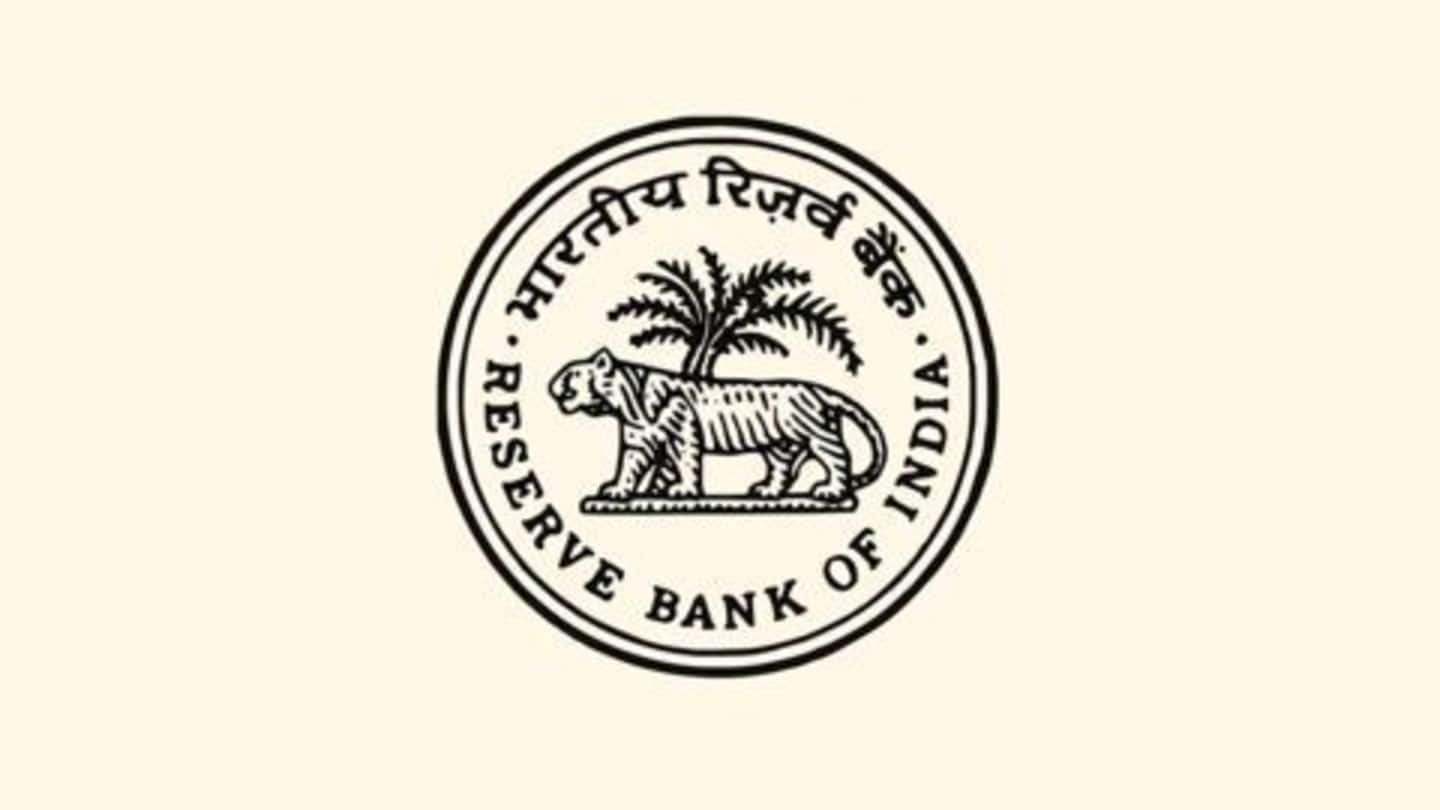
RBI issues new guidelines for on-tap bank licenses
What's the story
The Reserve Bank of India (RBI) came up with new guidelines for on-tap bank licensing paving way for those who are interested in seeking licenses whenever required.
According to the guidelines, non-banking finance companies (NBFCs) can convert themselves into full-fledged banks.
However, the country's largest conglomerates are not eligible though they can invest in banks up to 10%; state-run companies have also been barred.
Introduction
What are on-tap licenses?
In Jun'14, the RBI announced that it would soon come up with new policy guidelines for banking licenses that would be granted on tap.
The on-tap licensing window would be open and granted by the RBI through the year.
In May'16, the apex bank proposed giving universal on-tap banking licenses to individuals, companies and entities while corporates were ruled out.
Quote
RBI guidelines
The RBI guidelines stated: "Private sector entities/groups owned and controlled by residents with a sound track record of 10 years can apply." Corporates are eligible if their total assets are worth Rs.5,000 crore or more and 60% of their businesses are involved in financial services.
Bank Licenses
On-tap bank licensing window
The RBI previously issued such universal bank licenses during some specific periods when applications were invited for those who wanted to set up banks.
Since the 1990s, such licenses have been granted by the central bank only thrice.
The newly launched on-tap bank licensing window enables private entities, individuals, and NBFCs to apply whenever they are ready.
Information
Initial minimum paid-up capital
The RBI kept the initial minimum paid-up voting equity capital for setting a bank at Rs.500 crore, which should be maintained at all times. The foreign shareholding in a bank is limited to 74%, according to the existing Foreign Direct Investment.
Corporate Houses
Corporate biggies ruled out
India's largest corporate houses like the Reliance, Tata, Aditya Birla and several others are ruled out as their non-financial businesses account for over 40% with regard to total assets or gross income.
The corporate houses are, however, eligible to hold a 10% stake in eligible entities like IIFL, Edelweiss, Shriram and others.
Public sector groups are not entitled to apply for bank licenses.
Quote
Preference for large NBFCs
Anand Bhowmik, Managing Director of India Ratings (a credit rating and research agency), stated, "The guidelines reflect the RBI's growing preference for large NBFCs to convert into banks for greater supervision and system stability".
NBFCs
Several rules relaxed for NBFCs
Turning themselves into banks would convert into lower funding cost for NBFCs as deposits could be raised from retail customers.
Promoter groups/holding companies now get 15 years to decrease their holding from 40% to 15% instead of 12 years.
Also, standalone NBFCs and individuals need not establish a non-operative financial holding company; minimum paid-up capital for promoters is reduced from 100% to 51%.
Other Rules
Rules that have been tightened
The NBFC's board should consist of a majority of independent directors to be eligible, while the previous norm required a minimum of 50%.
The RBI's in-principle approval would be valid only for 18 months and would lapse afterwards.
The converted banks should open one-fourth of their branches in unbanked rural centers and also get their shares listed within six years of starting the business.